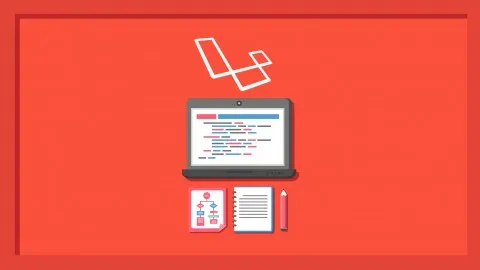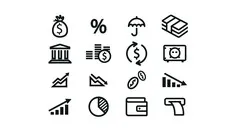
Econometrics for Economists and Finance Practitioners 
This course provides economists and finance practitioners with the necessary skills to make informed economic decisions through the use of modern econometric techniques and risk management strategies. ▼
ADVERTISEMENT
Course Feature
![]() Cost:
Cost:
Free Trial
![]() Provider:
Provider:
Coursera
![]() Certificate:
Certificate:
Paid Certification
![]() Language:
Language:
English
Course Overview
❗The content presented here is sourced directly from Coursera platform. For comprehensive course details, including enrollment information, simply click on the 'Go to class' link on our website.
Updated in [March 06th, 2023]
This course provides an introduction to econometrics for economists and finance practitioners. It covers the method of Ordinary Least Squares, how to conduct hypothesis testing, how to manage issues raised by identification, and how to use R to estimate various models. Participants will gain an understanding of the fundamentals of econometrics and how to apply them to their own research.
[Applications]
After completing this course, economists and finance practitioners can apply the knowledge they have gained to analyze economic and financial data. They can use the method of Ordinary Least Squares to estimate linear models, conduct hypothesis testing, and manage issues raised by identification. Additionally, they can use the R programming language to estimate various models.
[Career Paths]
1. Data Scientist: Data Scientists use their knowledge of econometrics to analyze large datasets and uncover trends and insights. They use their skills to develop predictive models and algorithms to help businesses make better decisions. With the increasing availability of data, the demand for Data Scientists is growing rapidly.
2. Financial Analyst: Financial Analysts use econometrics to analyze financial data and make predictions about the future performance of investments. They use their knowledge of econometrics to develop models and algorithms to help businesses make better decisions.
3. Risk Manager: Risk Managers use econometrics to analyze financial data and identify potential risks. They use their knowledge of econometrics to develop models and algorithms to help businesses manage their risk.
4. Economist: Economists use econometrics to analyze economic data and make predictions about the future performance of the economy. They use their knowledge of econometrics to develop models and algorithms to help businesses make better decisions.
[Education Paths]
1. Bachelor of Science in Economics: This degree provides a comprehensive understanding of economic theory and its application to real-world problems. Students learn to analyze data, develop economic models, and understand the implications of economic policies. This degree is becoming increasingly popular as the global economy continues to evolve and become more complex.
2. Master of Science in Finance: This degree provides a deeper understanding of financial markets and the tools used to analyze them. Students learn to use financial models to assess risk and develop strategies for investing. This degree is becoming increasingly important as financial markets become more complex and interconnected.
3. Master of Science in Econometrics: This degree provides a comprehensive understanding of the methods used to analyze economic data. Students learn to use statistical methods to analyze data and develop economic models. This degree is becoming increasingly important as the global economy continues to evolve and become more complex.
4. Doctor of Philosophy in Economics: This degree provides a comprehensive understanding of economic theory and its application to real-world problems. Students learn to analyze data, develop economic models, and understand the implications of economic policies. This degree is becoming increasingly popular as the global economy continues to evolve and become more complex.
Course Syllabus
The Classical Linear Regression Model
Hypotheses Testing in Econometrics
Topics in Applied Econometrics
The Econometrics of Time Series Data
Course Provider

Provider Coursera's Stats at AZClass
Econometrics for Economists and Finance Practitioners provides economists and finance practitioners with the necessary skills to make informed economic decisions through the use of modern econometric techniques and risk management strategies. This course will teach learners the method of ordinary least squares, how to perform hypothesis testing, how to manage the problems posed by identification, and how to use R to estimate various models. Learners will gain a comprehensive understanding of the fundamentals of econometrics and their applications to economics and finance. They will also gain the skills to interpret and analyze data and make informed decisions based on their findings. Additionally, learners will be able to apply their knowledge to real-world scenarios and develop their own models.
Discussion and Reviews
0.0 (Based on 0 reviews)
Explore Similar Online Courses

Free Communication Skills Tutorial - Communication Styles for Stronger Social Skills

Introduction to Laravel 4

Python for Informatics: Exploring Information

Social Network Analysis

Introduction to Systematic Review and Meta-Analysis

The Analytics Edge

DCO042 - Python For Informatics

Causal Diagrams: Draw Your Assumptions Before Your Conclusions

Whole genome sequencing of bacterial genomes - tools and applications

Econ 101: The Complete Intro to Economics For Beginners

Economics: Elasticity and its Business Aspect on Pricing


Start your review of Econometrics for Economists and Finance Practitioners